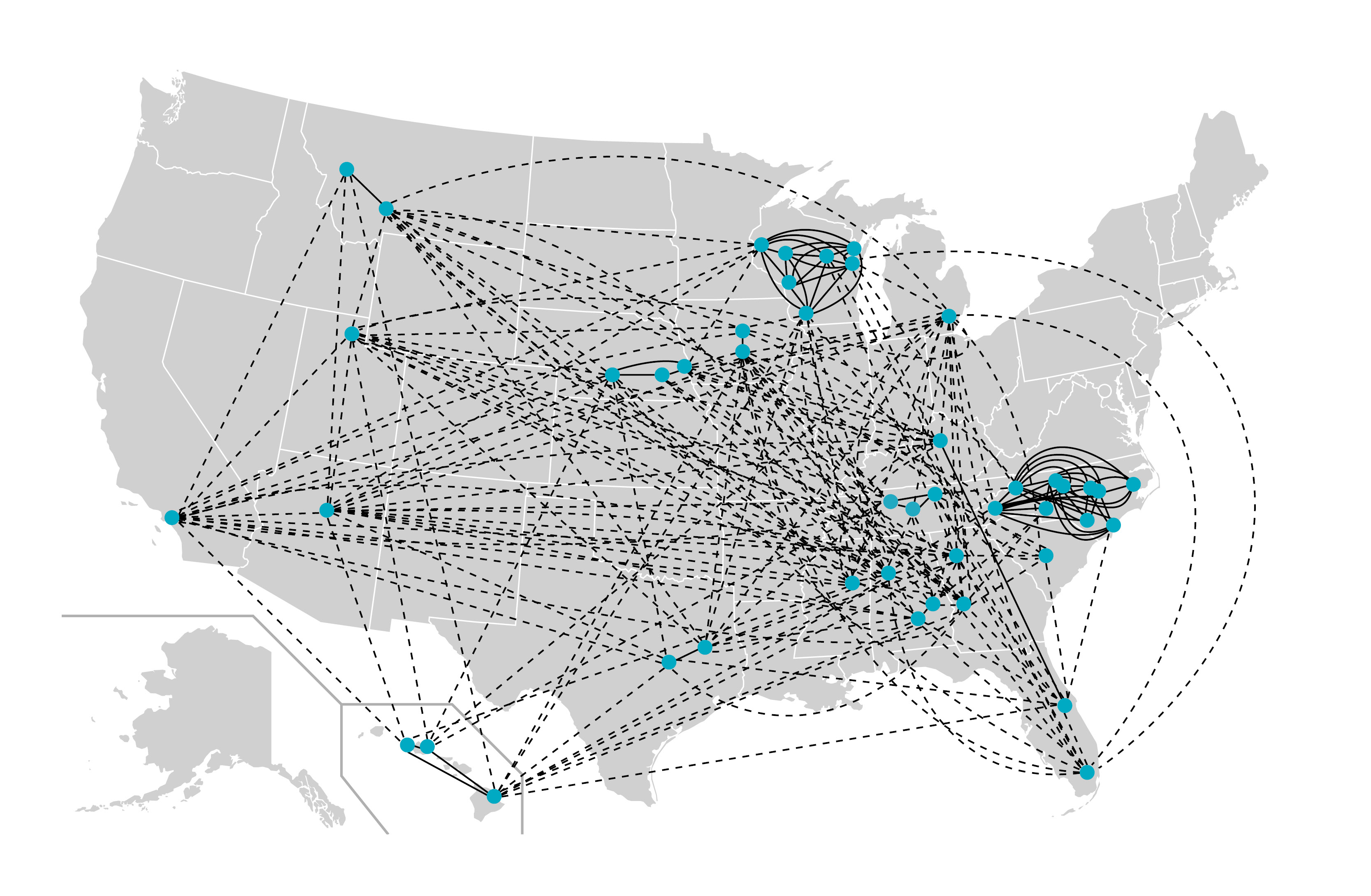
By W. Gary Martin and Wendy Smith, MTEP 2.0 principal investigators
In this article, we provide a reminder of what it means to be an MTEP 2.0 member, as well as alert you to a new policy direction for engagement.
In many ways, the Mathematics Teacher Education Partnership (MTEP) 2.0 is quite different from other organizations with which you may be involved. Rather than consisting of individual members, MTEP 2.0 is a coalition of networked improvement communities (NICs) working to improve their local secondary mathematics teacher preparation programs to better align with the 2017 AMTE Standards for Preparing Teachers of Mathematics. However, the individuals involved are what make the local NICs, and the MTEP 2.0 "NIC of NICs," work. In particular the change agents who lead the local NICs are crucial to the success of their teams and of MTEP 2.0. NICs include a range of people who are involved in their local activities.
MTEP 2.0 offers a broad array of supports to propel the work of local NICs. We host regular convenings where NIC members can compare notes with members from other NICs, learning from and with others—from monthly NIC-Casts to the annual conference-within-a-conference at the AMTE Annual Conference. This summer, we will hold a virtual NIC Support Workshop from June 2-3, 1:30-5:30 p.m. EDT each day. We host regular change agent check-in meetings, and a change coach is assigned to work with each team to provide change agents with any support they need. The monthly newsletter MTEP Transformers provides helpful information, including project updates, upcoming events, and other resources relevant to mathematics education program transformation.
In addition, we ask the NICs to contribute data each year to support knowledge generation and sharing that can accelerate their work. What we learn helps us better support the work of our NICs. For example, many NICs reported needing help with Plan-Do-Study-Act (PDSA) cycles, particularly requesting examples from other teams. In response, the Research Hub is currently synthesizing PDSA cycles to share across MTEP 2.0 to illustrate the kinds of PDSA cycles different NICs are working on and provide some good examples.
Clearly, MTEP 2.0 has a lot to offer as you work to improve your secondary mathematics teacher preparation program. However, change agents and NIC members have to be actively engaged with the MTEP 2.0 network, including attending meetings, responding to messages, and contributing requested data, in order for it to have value. Moving forward, teams that are actively engaged will be prioritized to receive support, including financial support we are able to provide from our NSF funding, such as travel support to attend the AMTE and MTEP conferences.
MTEP 2.0 is a community, and we value your participation as well as your feedback. We are always eager to hear how we can better support your efforts!